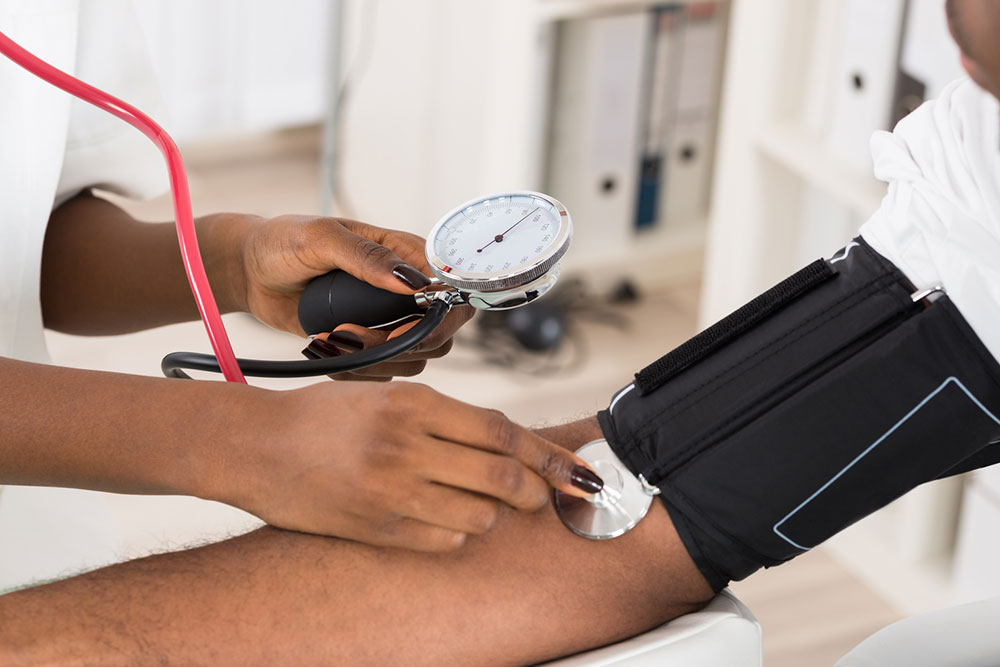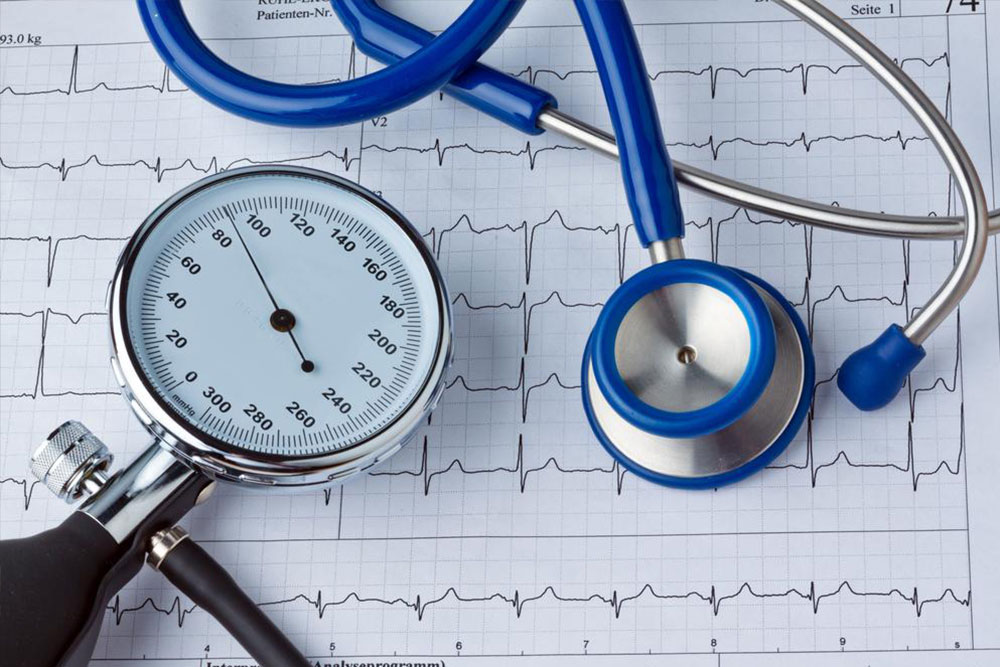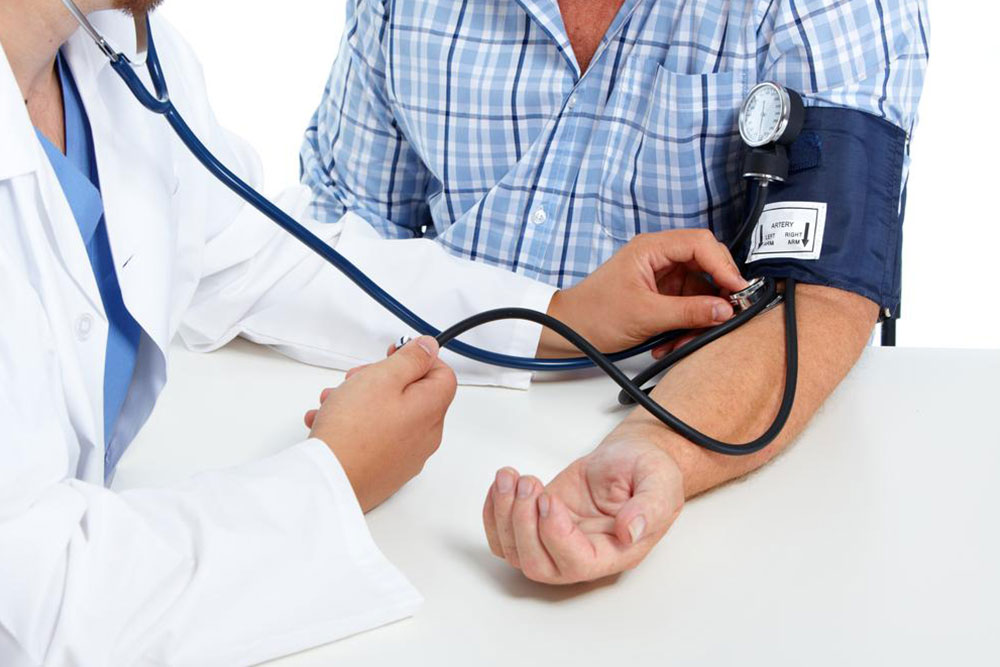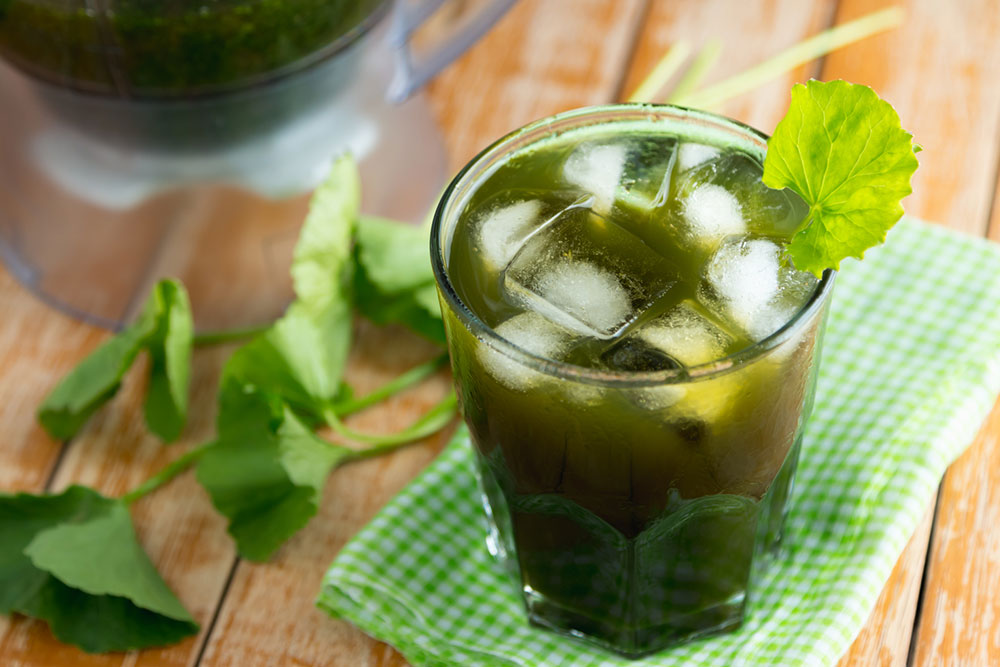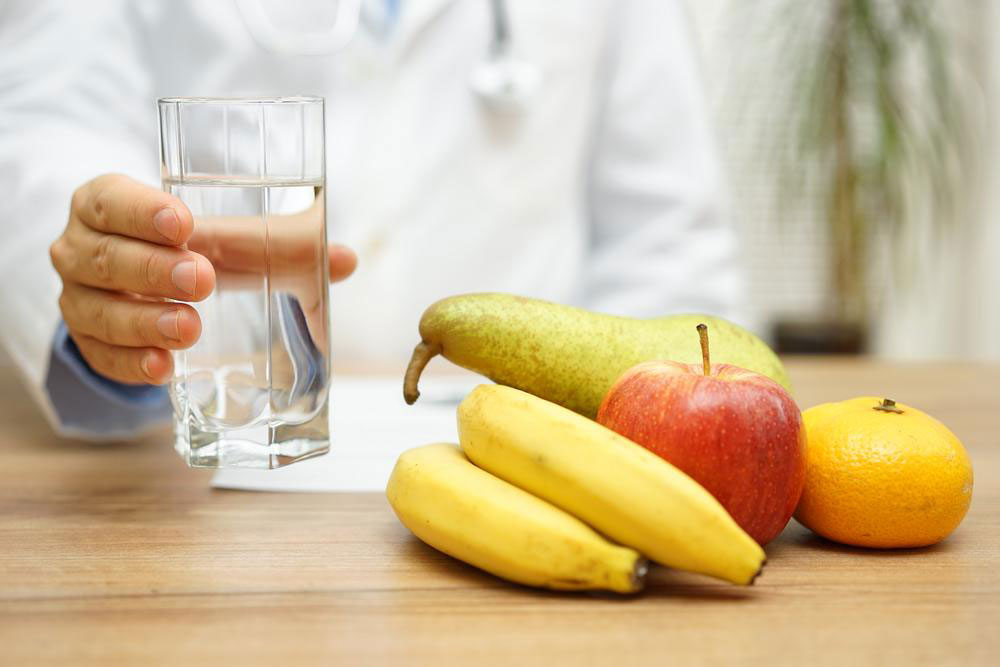Effective Natural Methods to Manage High Blood Pressure Without Medication
Discover comprehensive, science-backed natural strategies to effectively manage high blood pressure without medication. From maintaining a healthy weight, adopting a nutritious diet, engaging in regular exercise, to stress management, this guide provides practical tips for lifelong cardiovascular health. Emphasizing prevention and sustainable habits, it helps you reduce risks and improve overall wellness. Ideal for individuals looking for holistic health solutions, these lifestyle modifications are endorsed by medical experts and proven to support healthy blood pressure levels naturally.
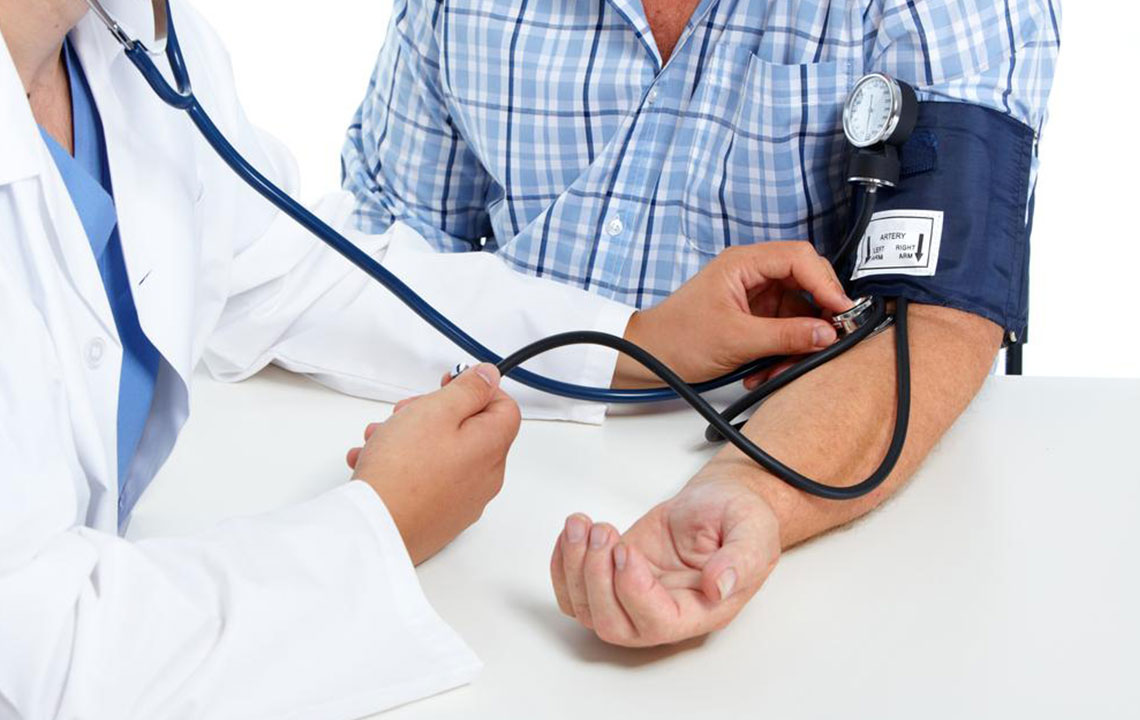
Natural and Holistic Approaches to Control Your Blood Pressure
The human heart plays a vital role by pumping blood throughout the entire body, creating pressure on the arteries known as blood pressure. This pressure ensures that oxygen and nutrients reach tissues and organs. Blood pressure is influenced by various factors such as heart function, blood vessel diameter, and overall vascular health. When blood pressure remains elevated over time, it is classified as hypertension, a condition that significantly increases the risk of cardiovascular diseases, including heart attacks, strokes, and kidney damage.
In recent years, the prevalence of high blood pressure has increased globally, largely due to lifestyle factors and diet. While medications are often prescribed to manage hypertension, numerous scientific studies have demonstrated that lifestyle modifications can effectively lower blood pressure naturally, often surpassing medications in terms of safety and sustainability. Consequently, prevention through healthy habits is critical in reducing the risk and managing high blood pressure effectively.
This comprehensive guide explores practical, scientifically-supported lifestyle strategies to help you lower your blood pressure naturally without relying solely on medication. Emphasizing prevention and holistic health, these methods can be integrated into daily routine for long-term cardiovascular wellness.
Maintain a Healthy, Stable Weight
Achieving and maintaining an appropriate body weight is paramount in controlling blood pressure. Excess weight puts additional strain on the heart and arteries, leading to increased pressure. Aim for a body mass index (BMI) within the recommended range for your height and age. Even modest weight loss can have a significant impact on lowering blood pressure and improving overall health.
Regular physical activity is widely recognized as a key natural strategy to reduce hypertension. Engaging in consistent exercise routines can help strengthen the heart, improve blood vessel flexibility, and reduce arterial stiffness, all contributing to healthier blood pressure levels.
Adopt a Nutritionally Rich, Balanced Diet
A diet rich in wholesome foods is essential for managing blood pressure. Focus on consuming lean sources of protein such as chicken, turkey, and fatty fish like salmon, which are high in omega-3 fatty acids. Reduce intake of red meats and processed foods that are typically high in saturated fats and sodium. Incorporate plenty of fruits and vegetables—especially those high in antioxidants—such as berries, leafy greens, and citrus fruits. These foods promote vascular health and lower inflammation.
Increase Potassium Intake
Potassium plays a crucial role in counteracting sodium's effects, helping to relax blood vessel walls and lower blood pressure. Foods rich in potassium include bananas, sweet potatoes, spinach, beans, and avocados. Limiting saturated fats and processed foods further supports cardiovascular health, while reducing dairy intake may benefit those sensitive to lactose or saturated fats present in dairy products.
Physical activity is a cornerstone in reducing hypertension risk. Besides dietary measures, regular exercise helps maintain a healthy weight, improves blood circulation, and enhances vascular elasticity. Activities like walking, jogging, cycling, swimming, yoga, and aerobic classes are particularly effective. Consistency is key—aim for at least 150 minutes of moderate-intensity exercise per week, tailored to your health status and preferences.
Moderate Alcohol Consumption
While alcohol may temporarily raise blood pressure, moderate consumption can be incorporated into a healthy lifestyle. For adults over 65, limiting alcohol to one standard drink per day is advisable. Excessive alcohol intake, however, is linked to high blood pressure and other health complications. For better health, consider reducing or eliminating alcohol intake altogether to naturally help maintain optimal blood pressure levels.
Limiting sodium intake is vital in managing hypertension. High sodium consumption is associated with increased blood pressure because it causes the body to retain water, raising the volume of blood in circulation. To reduce sodium intake, prepare meals at home using herbs and spices instead of salt, and avoid processed foods, canned soups, fast foods, and salty snacks. Reading nutrition labels carefully can help identify hidden salts and additives that contribute to high sodium levels.
Cease Smoking Immediately
Smoking causes immediate and long-term increases in blood pressure and damages blood vessel walls, increasing the risk of atherosclerosis. Quitting smoking can rapidly improve cardiovascular health and lower blood pressure. Support programs, counseling, and nicotine replacement therapies can be effective in breaking the habit. Embracing a smoke-free lifestyle is one of the most impactful steps toward better heart health.
Caffeine, found in coffee, tea, energy drinks, and certain medications, acts as a stimulant and can lead to brief spikes in blood pressure. Limiting caffeine consumption is advisable, particularly for individuals sensitive to its effects. Monitoring your response to caffeine through regular blood pressure checks can help determine your ideal intake level.
Effective Stress Management Techniques
Chronic stress contributes significantly to elevated blood pressure. Incorporate stress-reduction practices such as mindfulness, meditation, deep breathing exercises, yoga, or engaging in hobbies that bring joy and relaxation. These activities help lower cortisol levels and improve overall cardiovascular function. Regularly engaging in leisure activities and practicing relaxation techniques can significantly enhance your health and well-being.
Regular medical check-ups are essential to monitor blood pressure levels and detect potential issues early. Early detection allows for timely intervention, reducing the risk of severe complications. Preventive care, including blood pressure screenings, is strongly endorsed by health professionals as a proactive measure to maintain cardiovascular health.
Practice Transcendental Meditation
Originating from ancient Indian scriptures, transcendental meditation is a simple yet powerful technique to calm the mind and reduce anxiety. Regular practice has been shown to lower blood pressure, improve mood, and enhance overall mental health. Integrating meditation into your daily routine can yield long-term benefits for cardiovascular health and stress management.
Extensive scientific evidence supports these holistic lifestyle modifications as effective, sustainable strategies for maintaining healthy blood pressure levels naturally. Incorporating these habits into daily life not only reduces dependence on medications but also improves overall well-being. Medical professionals worldwide endorse these preventive measures, emphasizing that a proactive approach to blood pressure management can lead to a healthier, longer life.
